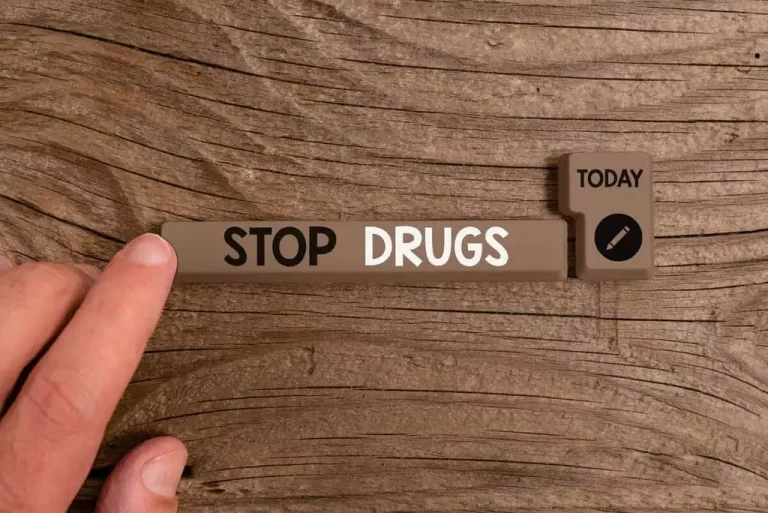
Before taking Eliquis, talk to your healthcare provider about all of your medical conditions and medical history to make sure Eliquis is safe for you. Tell your physician about all of the medications you take, including prescription medicines, over-the-counter drugs, and vitamins or supplements. Stopping Eliquis before you’re supposed to can raise your risk of developing a blood clot. As with most drugs, some people can have an allergic reaction after taking Eliquis. In clinical studies, allergic reactions were rare in people taking Eliquis to prevent blood clots. It’s not known how often allergic reactions occurred in people who took a placebo (a treatment with no active drug) in clinical studies.
When should you cut down on drinking?
- Eliquis has a boxed warning for the risk of spinal blood clots with spinal procedures.
- If left untreated, alcohol poisoning can lead to medical complications (and, in some situations, death).
- This date is typically 1 year from the date they dispensed the medication.
- People with triple-positive APS may have an increased risk of blood clots from Eliquis.
- For example, you may have internal bleeding in your digestive system, lungs, brain, liver, kidneys, abdominal cavity, joints, or eyes.
Spinal procedures that can cause spinal or epidural hematoma include lumbar puncture (spinal tap) and spinal or epidural injections. A spinal tap is a procedure to test fluid from around your spinal cord. Spinal or epidural injections are used to give certain medications, such as anesthetics or pain relievers. Eliquis makes it harder for your blood to form clots, which raises your risk of bleeding. While taking Eliquis, you may notice that you bruise or bleed more easily than usual.

Dosage questions
If you’re taking an antiplatelet drug, ask your doctor if you should continue taking it when you start Eliquis. If your doctor recommends taking Eliquis can you drink alcohol with eliquis with an antiplatelet, see them right away if you have any bleeding problems. To learn more, see the “Eliquis side effects” section above.
- If you’re interested in a blood thinner that you take only once a day, talk with your doctor.
- Do not stop taking apixaban unless directed by your doctor.
- With atrial fibrillation, part of the heart does not beat the way it should.
- However, you need to take it twice every day to make sure there’s always enough medication in your body to help stop blood clots from forming.
- For more information, see the “Side effect specifics” section above.
Dosage for preventing blood clots and stroke in people with AFib

To learn more, refer to this article about the dosages of Eliquis. Minor bleeding that can occur with Eliquis includes bleeding gums, nosebleeds, rectal bleeding, and periods that are heavier than usual. You may wonder how often certain side effects occur with this drug.
How to stay safe when you take a blood thinner

The insurance company will review the prior authorization request and decide whether the drug will be covered. The actual price you’ll pay depends on your insurance plan, your location, and the pharmacy you use. To help make sure you don’t miss a dose, try setting a reminder on your phone. Below are answers to some questions you may have about taking Eliquis.

Serious bleeding
- Moderate alcohol use is generally safe while taking most blood thinners.
- Consult your pharmacist or local waste disposal company.
However, these side effects weren’t reported in clinical trials of Eliquis. It’s also used to prevent blood clots if you’re at high risk of having them in the future. Heads up that some of these “don’ts” don’t apply if you’re on one of the newer blood thinners, like Rivaroxaban (Xarelto®) or Apixaban (Eliquis®). So, it’s important to check with your healthcare provider to make sure you’re taking the appropriate precautions. Eliquis may not be right for you if you have certain medical conditions. Other factors may also affect whether Eliquis is a good treatment option for you.